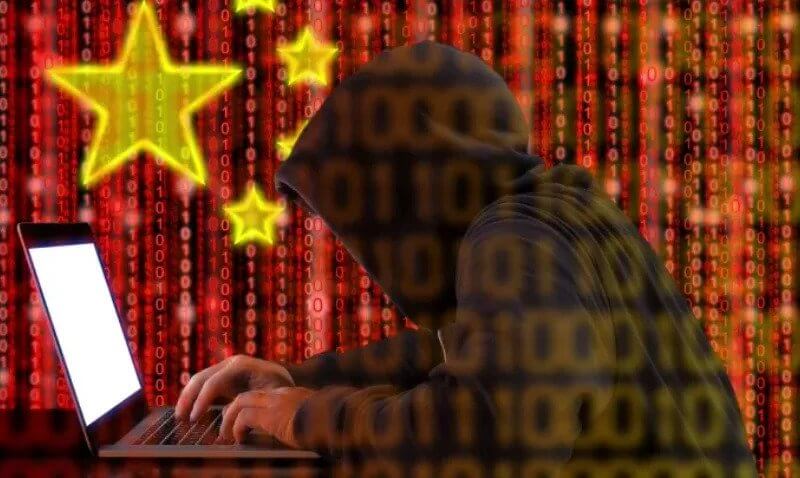Hackers linked to the Chinese Communist government were reportedly targeting critical United States infrastructure, preparing to cause "real-world harm" to Americans, FBI Director Christopher Wray said during a House of Representatives Select Committee on competition with China Wednesday.
According to Director Wray, the attack came from the PRC state-sponsored hacking group Volt Typhoon, which targeted water treatment plants, the electric grid, oil and natural gas pipelines, and transportation hubs.
"They're not focused just on political and military targets. We can see from where they position themselves across civilian infrastructure that low blows aren't just a possibility in the event of conflict low, blows against civilians are part of China's plan," Wray said. "I do want the American people to know that we cannot afford to sleep on this danger," Wray added.
The FBI Director has repeatedly told members of Congress that the Chinese government is trying to undermine the U.S. through espionage campaigns, intellectual property theft operations, and cyberattacks. Wray testified with General Paul Nakasone, commander of the U.S. cyber command, and other top federal cybersecurity officials at the hearing focused on cyber threats posed by Beijing.
"This is the cyberspace equivalent of placing bombs on American bridges, water treatment facilities, and power plants. There is no economic benefit to these actions. There is no intelligence-gathering rationale," said House of Representatives Select Committee on the Chinese Communist Party (CCP) Chairman Mike Gallagher (R-WI 8th District).
"The sole purpose is to be ready to destroy American infrastructure, which will inevitably result in mass American casualties," Gallagher stated.
Jen Easterly, Director of the Cybersecurity and Infrastructure Security Agency (CISA), told the House Select Committee that the ransomware attacks on American businesses or critical systems were intended to "induce societal panic."
"It is Chinese military doctrine to attempt to induce societal panic in their adversary. And arguably, the Chinese government got a little bit of a taste of this in the aftermath of the ransomware attack on Colonial Pipeline May of 2021 that shut down gas to the Eastern seaboard for several days," she said, noting Americans "couldn't get to work. They couldn't take their kids to school or get folks to the hospital. It caused a bit of panic," Easterly said.
The latest cyberattack comes as tensions between China and the U.S. continue to increase. In the past few years, the Chinese government has increased its military buildup against the U.S. in the Indo-Pacific region, hoping to one day invade Taiwan and push out American influence in Asia.
Related Story: Chinese Hackers Exploited Routers in America and Japan









